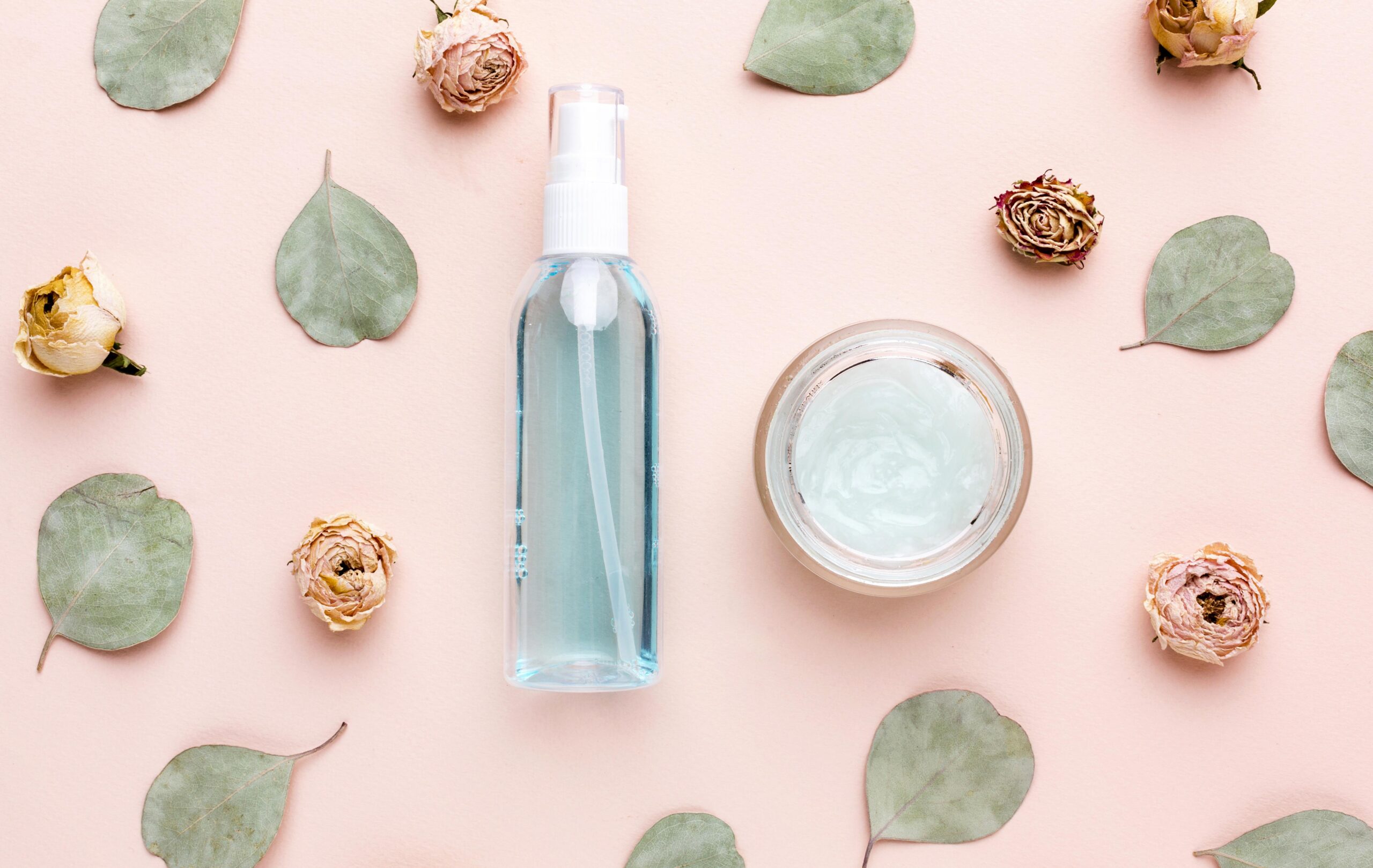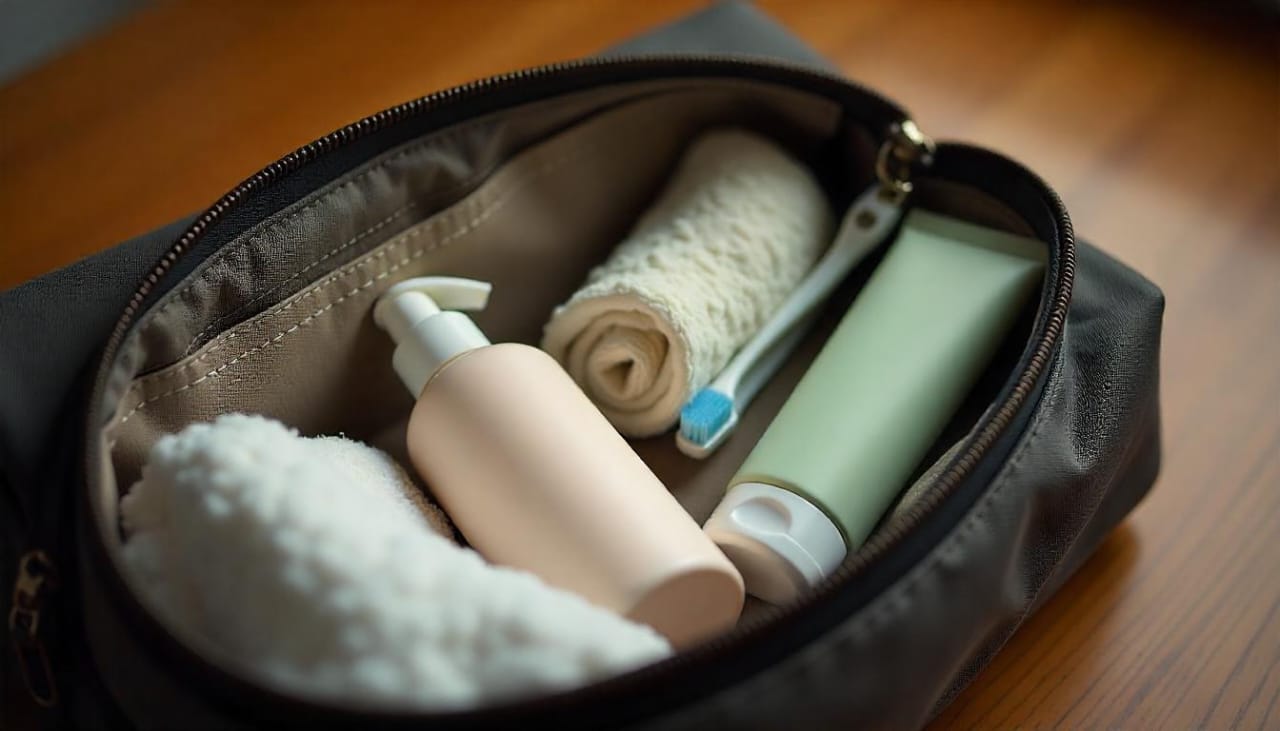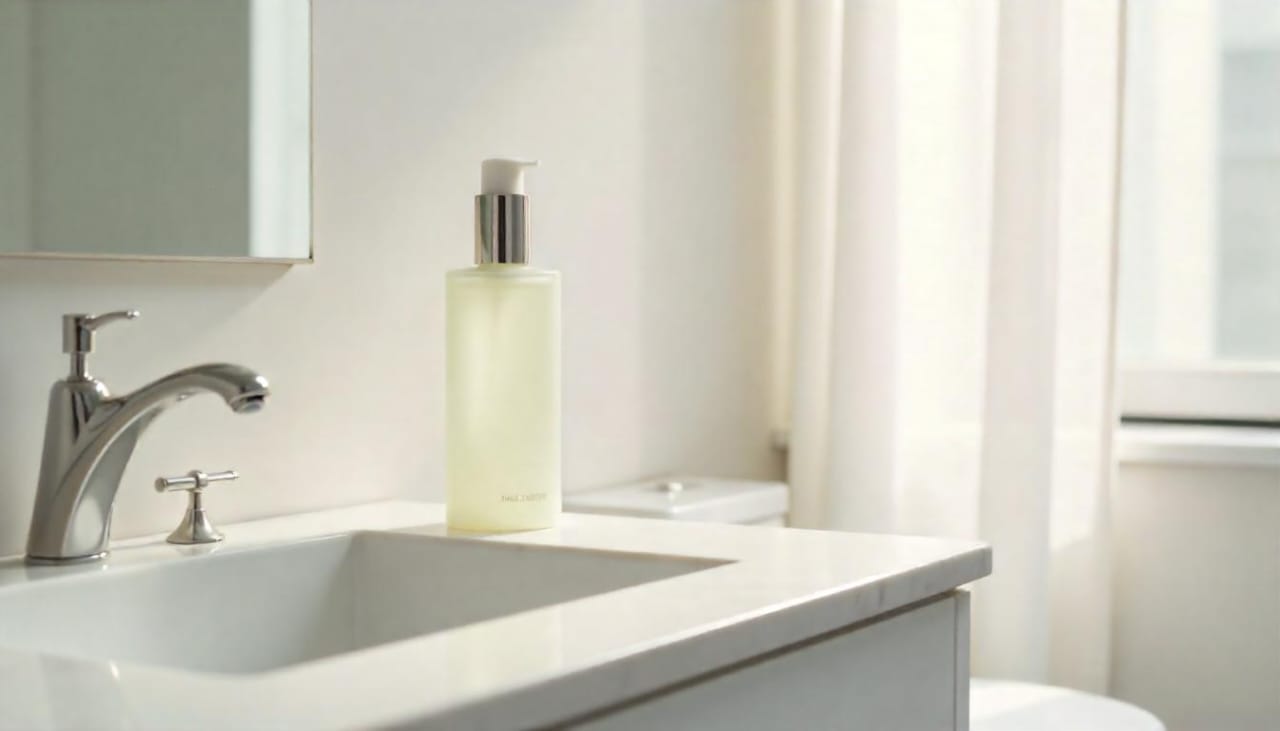When it comes to crafting a well-rounded skincare routine, toners are often a subject of debate. Some swear by their benefits, while others dismiss them as an unnecessary step. But what exactly is a skincare toner, and why has it remained a staple in many beauty regimens for decades? In this blog, we’ll dive deep into the world of toners, uncovering their purpose, benefits, and the science behind their role in skincare.
Understanding Skincare Toners
A skincare toner is a water-based liquid that is typically applied to the skin after cleansing and before moisturizing. Designed to remove any residual dirt, oil, or makeup left behind after washing your face, toners help to prepare your skin for the next steps in your routine. They are formulated to address specific skin concerns, such as dryness, oiliness, acne, or sensitivity, making them versatile products suitable for a variety of skin types.
Historically, toners were often associated with harsh, alcohol-based formulas aimed at stripping the skin of excess oil. While these astringent toners served their purpose for those with very oily or acne-prone skin, they were notorious for leaving the skin feeling dry and tight. Thankfully, modern toners have evolved significantly. Today’s formulations are much more sophisticated, featuring hydrating, soothing, and nourishing ingredients that cater to a broader range of skincare needs.
The Role of a Toner in Your Skincare Routine
Toners act as the bridge between cleansing and moisturizing. After cleansing, your skin can sometimes feel stripped or unbalanced, especially if you’ve used a harsh cleanser or hot water. Toners help to restore the skin’s natural pH level, which can be disrupted during cleansing. The skin’s ideal pH is slightly acidic, typically around 5.5, and maintaining this balance is crucial for a healthy skin barrier.
Additionally, toners can enhance the absorption of serums and moisturizers applied afterward. By prepping the skin and ensuring it’s free from impurities, toners create the perfect canvas for the active ingredients in your subsequent products to penetrate more effectively. Think of a toner as a primer for your skincare routine—it sets the stage for everything else to work better.
Different Types of Toners
The beauty of toners lies in their diversity. Depending on your skin type and concerns, there’s likely a toner out there designed just for you. Here are some common types of toners:
- Hydrating Toners: These toners are packed with humectants like hyaluronic acid or glycerin to attract and retain moisture. They’re ideal for dry or dehydrated skin and can leave your skin feeling plump and refreshed.
- Exfoliating Toners: Formulated with gentle acids like glycolic, lactic, or salicylic acid, these toners help to slough away dead skin cells, unclog pores, and brighten the complexion. They’re particularly beneficial for those with acne-prone or dull skin.
- Soothing Toners: Featuring calming ingredients like chamomile, aloe vera, or green tea, these toners are designed to reduce redness and irritation, making them a great choice for sensitive skin.
- Balancing Toners: Perfect for combination or oily skin, these toners help regulate sebum production and minimize the appearance of pores. Ingredients like witch hazel or tea tree oil are commonly found in these formulas.
- Anti-Aging Toners: Infused with antioxidants, peptides, or vitamins like C and E, these toners aim to fight free radicals and promote collagen production, supporting a more youthful complexion.
How to Use a Toner
Incorporating a toner into your skincare routine is simple. After cleansing your face, pour a small amount of toner onto a cotton pad or into your hands. Gently swipe the cotton pad across your face, focusing on areas prone to oiliness or congestion, such as the T-zone. If using your hands, pat the toner into your skin to help it absorb. Follow up with your serum, moisturizer, and sunscreen if it’s part of your morning routine.
It’s worth noting that toners should not replace cleansing but rather complement it. If you find that your toner is picking up a lot of leftover dirt or makeup, it might be a sign that your cleanser isn’t doing its job effectively. Additionally, always choose a toner that suits your skin type and avoid overly harsh formulas that might irritate your skin.
The Benefits of Using a Toner
Using a toner consistently can provide several benefits for your skin. These include:
- Improved Hydration: Hydrating toners deliver a burst of moisture, helping to keep your skin soft and supple throughout the day.
- Balanced pH Levels: By restoring your skin’s natural pH balance, toners support a healthy skin barrier, which is essential for protecting against environmental stressors.
- Reduced Pore Appearance: Some toners contain ingredients that can tighten and refine the look of pores, giving your skin a smoother appearance.
- Enhanced Skincare Absorption: Toners prepare your skin to absorb serums and moisturizers more effectively, ensuring you get the most out of your products.
- Targeted Treatment: With a variety of formulations available, toners can address specific concerns like acne, dullness, or sensitivity.
Conclusion
A skincare toner may seem like a small addition to your routine, but its benefits can be significant. Whether you’re looking to hydrate, exfoliate, soothe, or balance your skin, there’s a toner that can help you achieve your goals. As skincare continues to evolve, toners remain a versatile and essential step for those seeking a comprehensive approach to skin health. So the next time you’re building your skincare routine, don’t overlook the power of a good toner—your skin will thank you!




